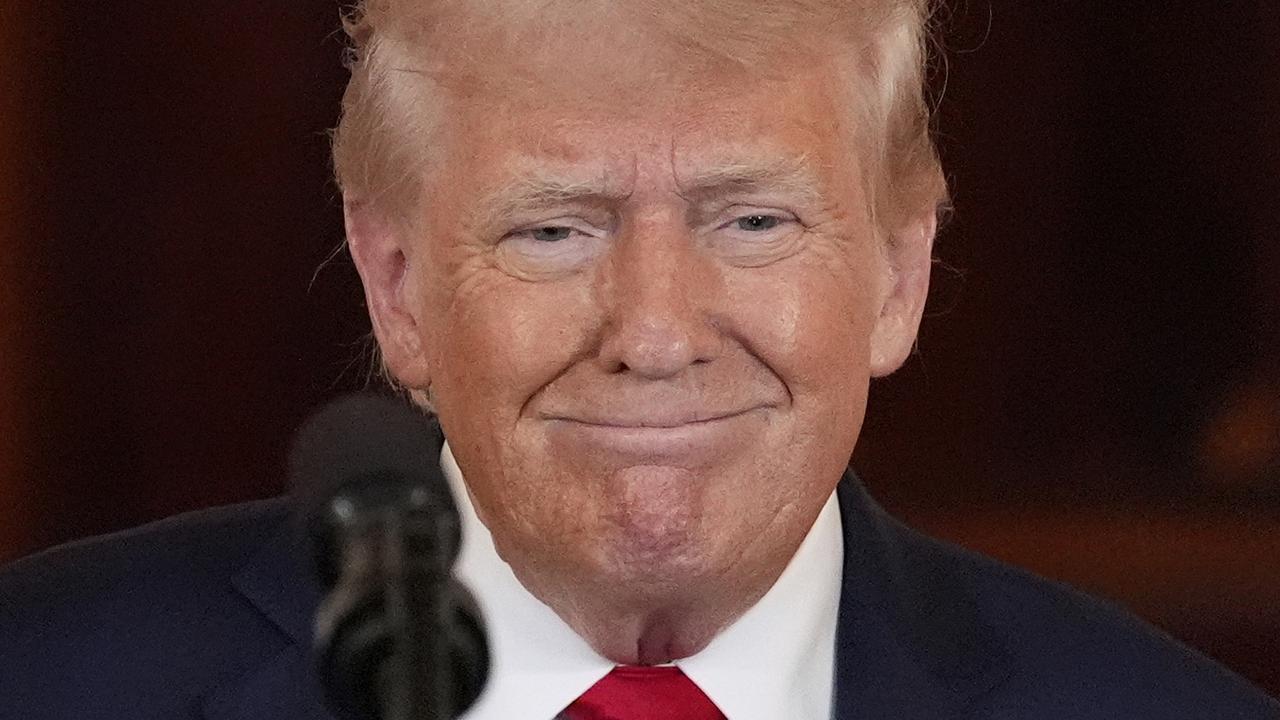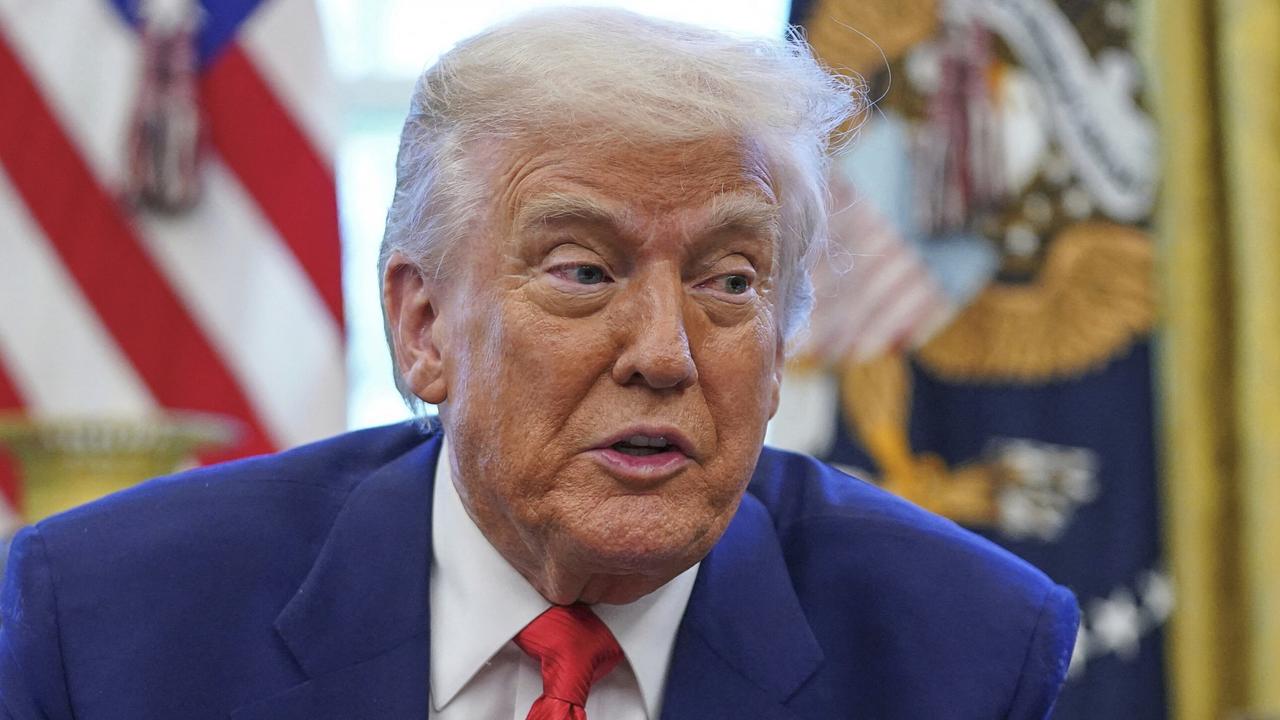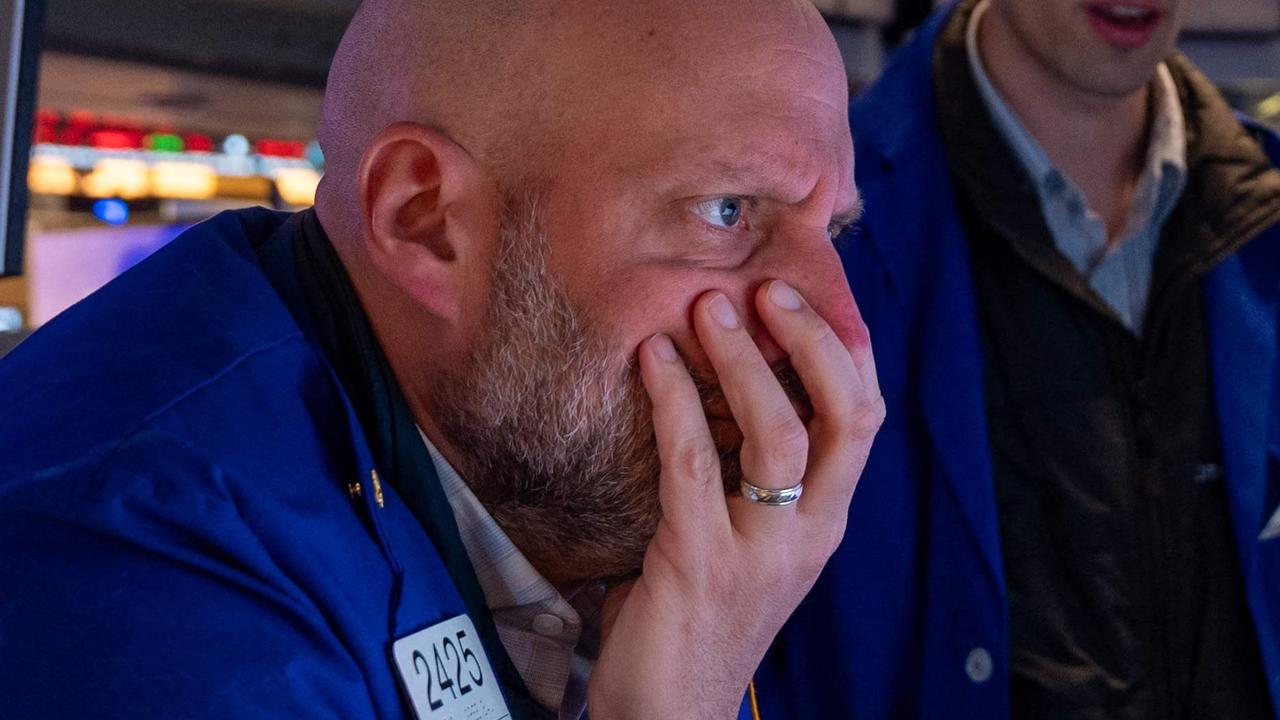Fears of Evergrande collapse intensify after firm misses $A66 million payment
The crisis facing property Chinese behemoth Evergrande has stepped up a notch, with the mega firm missing yet another critical deadline.

The crisis facing property Chinese behemoth Evergrande has escalated again, with the ailing firm missing yet another critical deadline.
On Wednesday, a bond interest payment of $US47.5 million ($A66 million) came due – a figure which should have been small change for the second-largest real estate company in China, which boasts of “1300 projects in more than 280 cities”.
But that was before Evergrande assumed the title of the world’s most indebted real estate developer, racking up a staggering $A432 billion in debt.
According to Reuters, at the close of business yesterday, “at least some of China Evergrande’s offshore bondholders had not received a due coupon payment”, a development which suggests Evergrande’s collapse could be a step closer.
Message groups blocked
In a further sign of just how devastating the Evergrande fiasco has been for China, the WeChat platform has reportedly blocked at least eight messaging groups being used by desperate citizens owed money by the struggling company.
According to Reuters, each group was being used by hundreds of individuals to organise protests and discuss their claims.
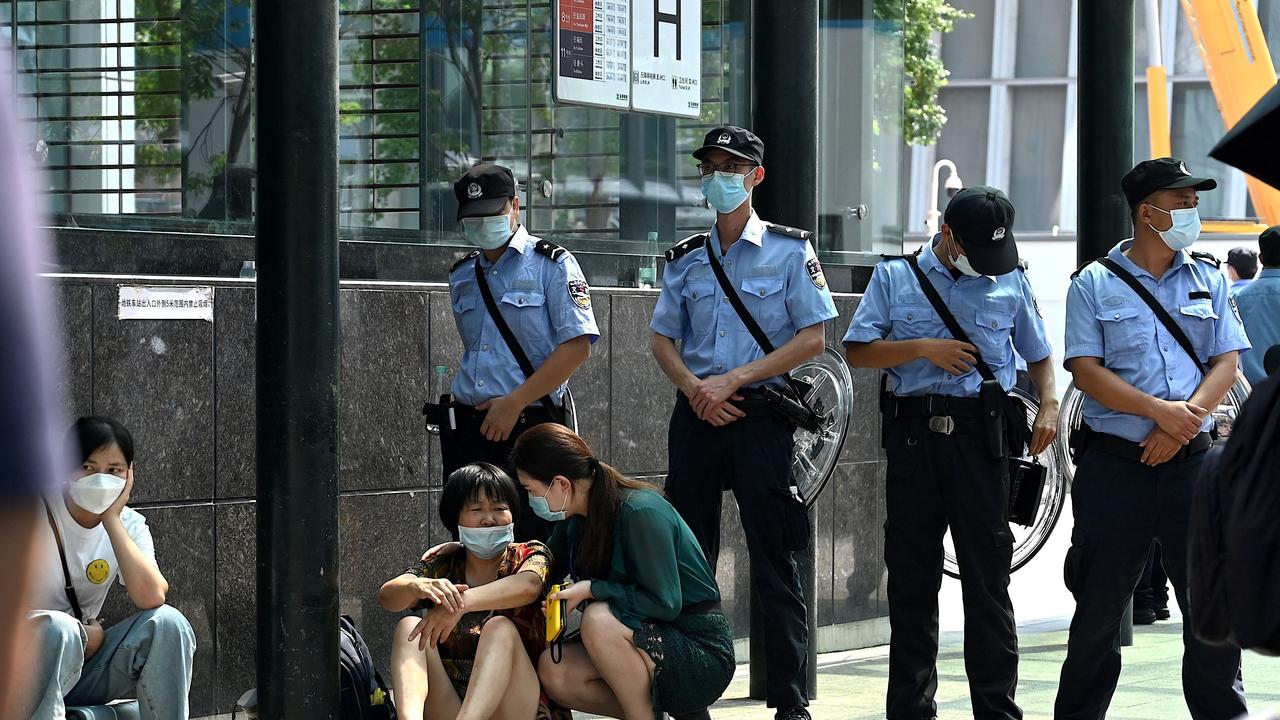
Evergrande’s spiralling debts have left countless firms and banking institutions in the lurch, as well as everyday citizens who had invested with the company or bought homes from it.
The crisis has already sparked protests in China, and a deluge of backlash across social media.
Two group members told Reuters they had been approached by authorities and ordered not to join future protests.
Evergrande’s fire sale
Meanwhile, Evergrande appears to be scrambling to raise cash to pay down some of its debts, with the company announcing plans to sell its $US1.5 billion ($A2 billion), almost 20 per cent stake in Shengjing Bank.
The stake is being snapped up by a state-owned asset management firm.
However, the proceeds will go directly to repaying money Evergrande owes the bank itself, with the agreement revealing the money cannot be diverted elsewhere.
An adviser hired by one of the offshore Evergrande bondholders told Reuters Evergrande was stuck in a “wait and see” phase at the moment.
“The clock has started to tick on a restructuring process,” the source told the publication.
“The company is going to need to do something, it’s obviously struggling with liquidity … the liquidity issue is what brings the house of cards down.”
China’s growth model shattered
The Evergrande example is seen by many as a sign China’s overall growth model is on its last legs, with Leland Miller, the chief executive officer of consulting firm China Beige Book, saying it was “the beginning of the end of China’s growth model as we know it”.
And writing for the South China Morning Post, Stephen S Roach, a faculty member at Yale University and former chairman of Morgan Stanley Asia, argues that China’s biggest problem was not Evergrande, but rather “a major rethinking of its growth model”.
That rethinking has been spearheaded by Beijing’s new focus on redistribution of wealth coupled with re-regulation of industries – but according to Smith, it could backfire spectacularly.
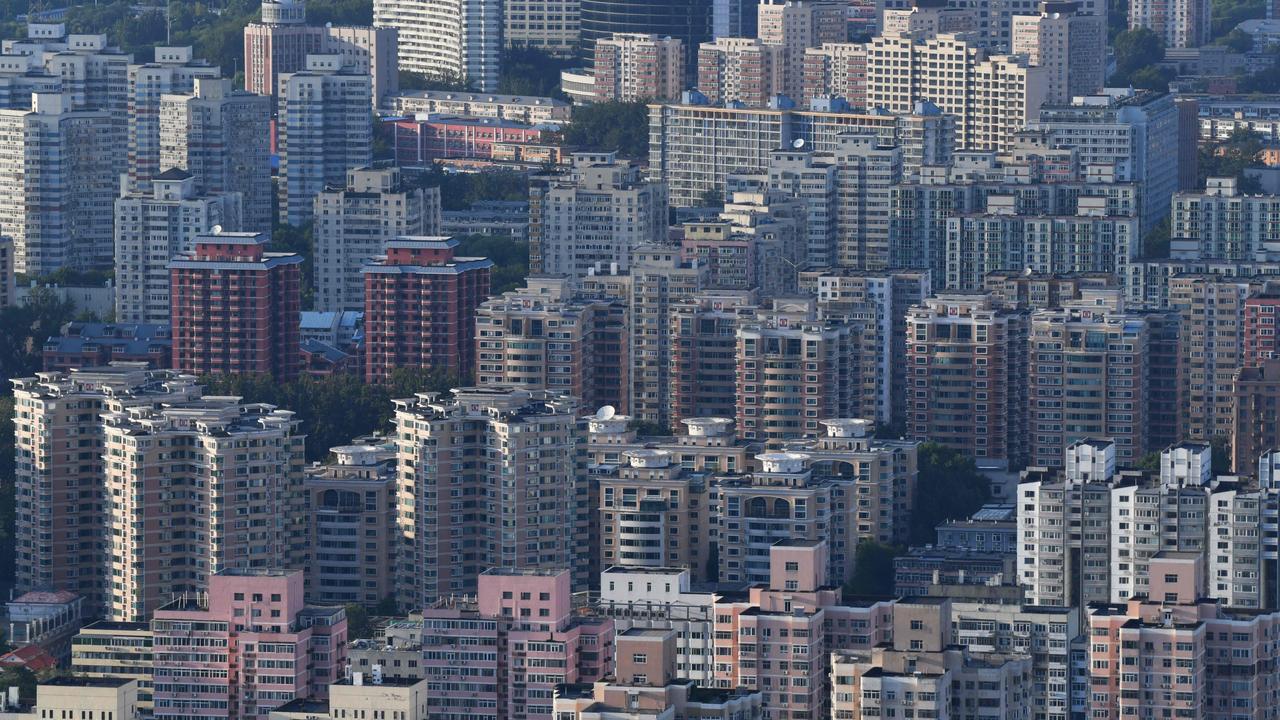
“As a macro practitioner, I was always taught to consider the combined effects of major developments,” he writes.
“Evergrande will pass. A regulatory clampdown, in conjunction with a push to redistribute income and wealth, rewinds the movie of the Chinese miracle.
“By failing to connect the dots, China’s leaders risk a dangerous miscalculation.”



